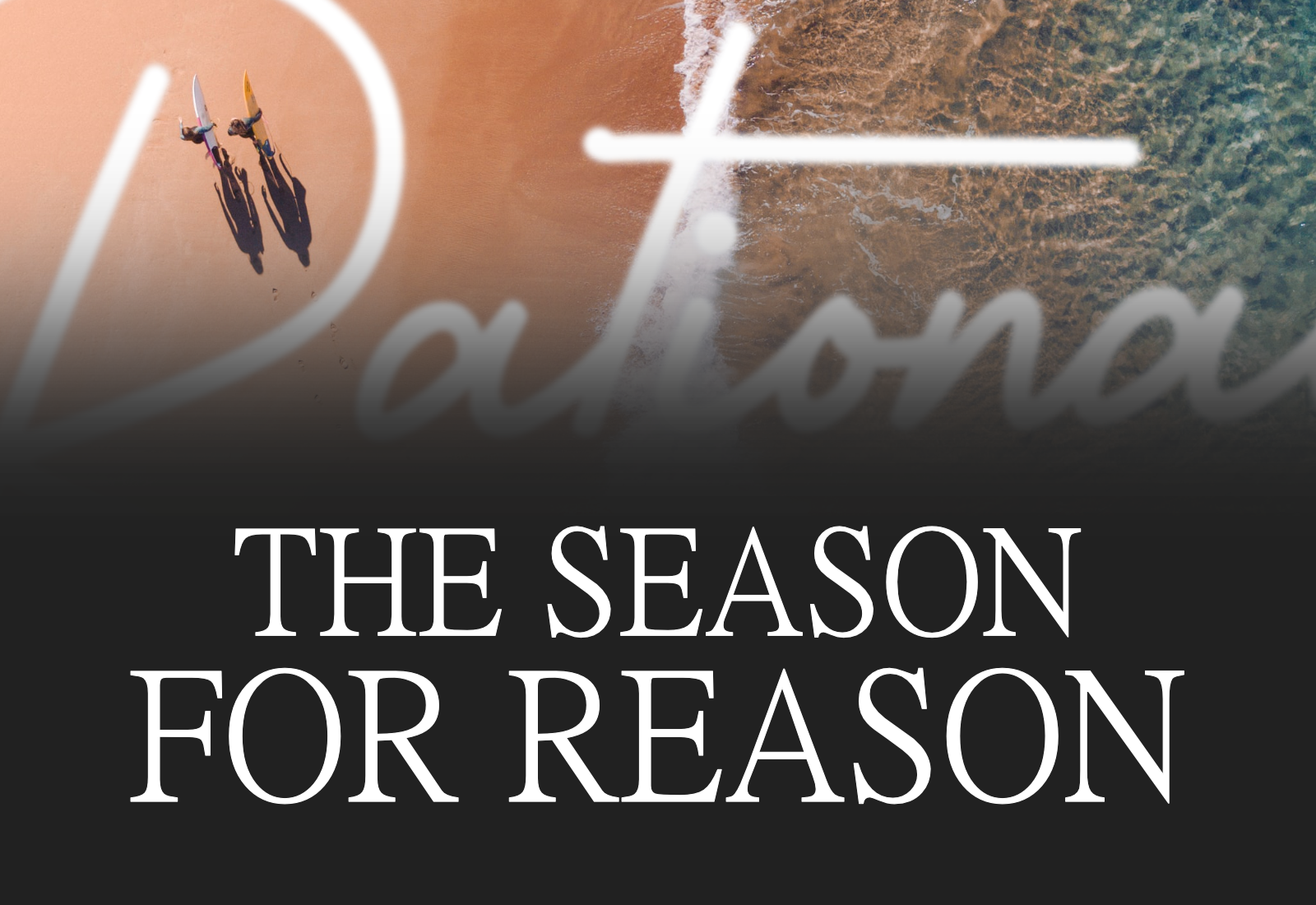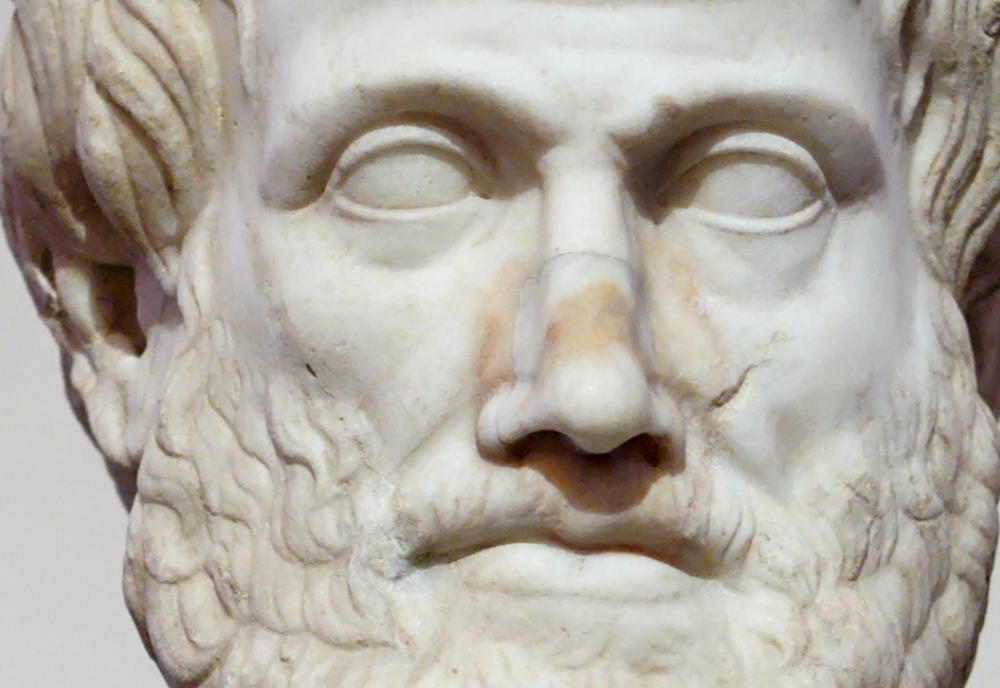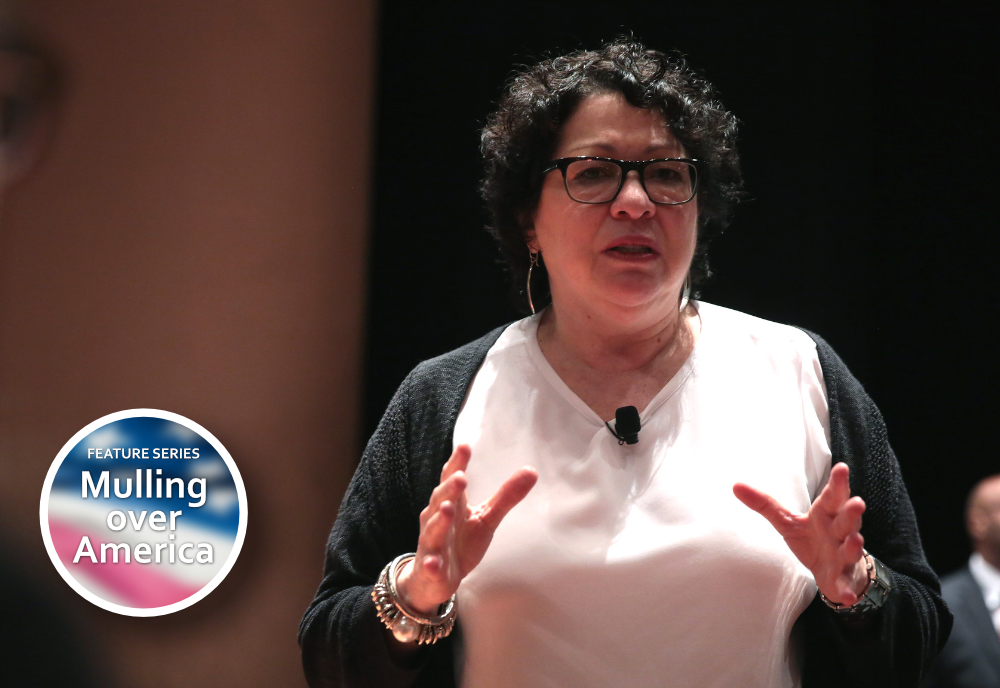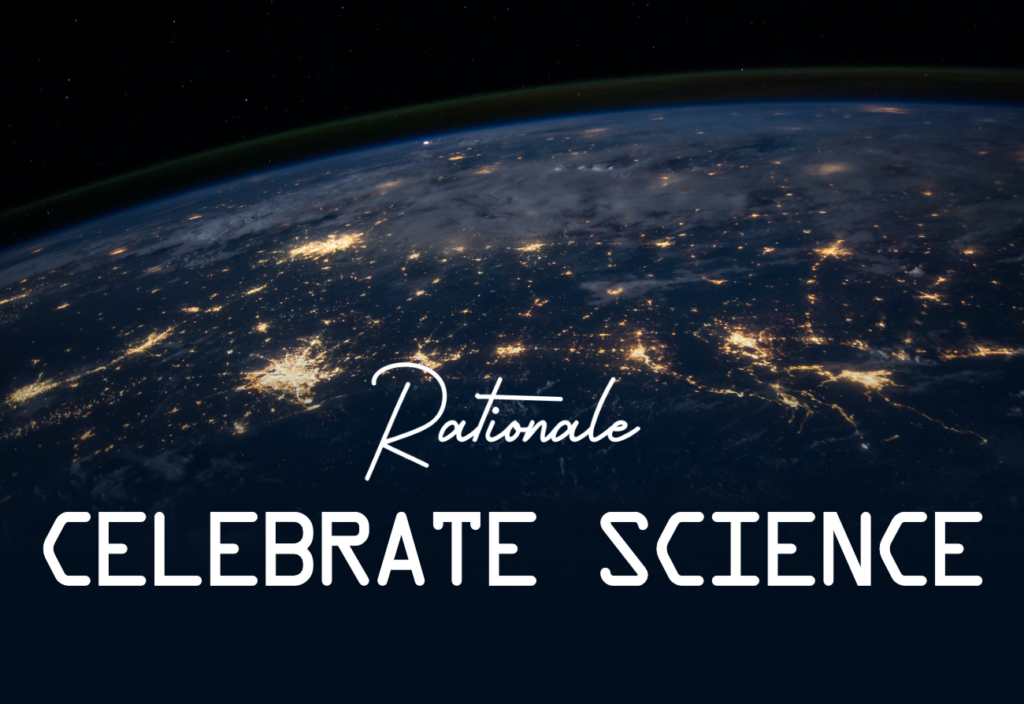For years now, I have heard people speak sceptically, even dismissively, about ‘Western logic’ or ‘Cartesian rationalism’, as if the ills of the modern world are largely to be blamed on an excess of reason in Western civilisation.
I feel pretty much at home in the Rationalist Society because I believe such notions are fundamentally erroneous. In writing this for readers of Australian Rationalist, I am, in all probability, preaching to the converted, but even among members of the Rationalist Society of Australia there is, I suspect, quite a range of opinion as to what exactly rationalism is and what its benefits to Western civilisation, or humanity at large, have actually been.
I’d like to think that the following brief reflections will find a fair degree of agreement in our circles, but more importantly that they will help stimulate a fruitful discussion outside the Society – in the wider society – about the role of reason in civilisation. In other words, I am writing not to prove a point in a technical debate among rationalist philosophers, but to position myself, as a member of the Rationalist Society, in a wider conversation about the uses of reason in a civilised society.
As much as Daniel Kahneman, in Thinking Fast and Slow, offered a simplified concept of ‘the mind’ as consisting of what he calls System 1 and System 2, I suggest we begin not with a stance of Cartesian scepticism, but with a tripartite division of the world of reasoning into practical reasoning, formal reasoning and critical reasoning. Kahneman’s System 1 is the intuitive brain; his System 2 the consciously reflective and methodical brain.
The three types of reasoning I have listed have much in common with his two types of thinking. Practical reasoning is largely a System 1 activity. It consists of what is often called common sense, with the added component of largely intuitive insights in practical affairs, whether as regards physical activities, manipulation of tools or tactical and strategic judgement ‘on the fly’.
Formal reasoning consists of logic and mathematics and is the science of inference. Critical reasoning has to do with the re-examination of assumptions, experiment, conjecture and the testing of hypotheses.
Different reasons for reasoning
I differentiate between formal and critical reasoning because one of the central breakthroughs in the Western intellectual tradition was the shift from Aristotelian ‘logic chopping’ to (broadly) Baconian investigative science (whether one refers to Roger or to Francis Bacon). Again and again, more or less sound inference, proceeding on the basis of unexamined assumptions, has led people to all manner of erroneous conclusions. It is in surfacing and testing things taken for granted that the most dramatic progress tends to be made; though sound inference is still required to think clearly to new findings.
When I think of ‘Western civilisation’, I am conscious of a heritage dating back at least 3,000 years – 5,000 if we choose to include both Stonehenge and the Egyptians in our history of what is ‘Western’. However, the role of reason, in either the formal or critical senses, has been much more episodic than continuous; and has largely been the work of small minorities of people living within ‘Western’ societies. It has not been the defining characteristic or virtue of the mass of Westerners at any point; nor is it now.
It cannot be stated too emphatically that merely being able to claim membership – as subject or citizen – of some Western society, or other at any point between the Druidic Neolithic and the present time, does not remotely guarantee that one is especially rational. Kahneman’s System 2, as he insists, is a latent capability and a lazy one. Thinking rationally, whether in a formal or a critical sense, is hard work, requires specialist methods and is not something the majority of people do very much. Indeed, they tend to avoid it whenever they believe they can.
Practical reasoning is far older than either formal or critical reasoning. Those who built the pyramids or the Druidic henges plainly were capable of considerable practical reasoning. Indeed, their accomplishments point to fairly advanced geometric sophistication, as well as engineering and project management skills some five millennia ago. Practical reasoning, in its various forms, has underwritten the technological innovations and arts of our species from deep in the Palaeolithic era.
Practical reasoning enabled our ancestors to out-compete their hominin cousins, fight off predators in the wild, hunt down big game and devise agriculture after the end of the most recent ice age. Pat Shipman’s new book The Invaders: How Humans and Their Dogs Drove Neanderthals to Extinction (Belknap, Harvard, 2015) is an illuminating study of this topic. Practical reasoning, grounded in hand/eye coordination, intuitive insight and improvisation, is what enables us to do almost everything that matters to us on a daily basis. It’s not to be sneezed at.
Formal reasoning came much later. We associate it with the Greeks, but we need to be careful about several things here. Practical reason always was and is a human universal. Formal reasoning has appeared to varying degrees in a number of cultures. There are good reasons, however, for seeing the elaboration of the elements of geometry, the foundations of mathematics and the science of formal logic as having taken unprecedented and lasting steps forward in the Grecian world between the fifth and fourth centuries before the Common Era.
The works of Plato and Aristotle, of Euclid and the Hellenistic mathematicians were influential for good reasons; or more precisely because of the good reasoning that these thinkers generally did. They have all been superseded in the modern world not because of some idle change of fashion, but because modern thinkers did a lot of hard work and developed better and better insights into both the nature of reasoning as such, the scope of mathematics and the nature of physical reality.
Critical reasoning overlaps with both practical and formal reasoning and can be seen at work in many times and places in an informal, improvised way. As a systematic approach to reality, however, it has been underdeveloped in most places at most times. Even now, it is seldom the default modus operandi even of physical or social scientists. They can as readily become the slaves of unexamined assumptions as anyone else and defend dogmas tenaciously. Consider how doggedly Einstein resisted the very idea of indeterminacy; or how long the scientific consensus of earth scientists was that there could not be any such thing as continental drift, based on the shifting of tectonic plates.
Critiquing the critical
The refined methods for practising critical reasoning have taken a very long time to develop and require exquisite expertise to handle. They are the key to the stupendous scientific and, indeed, social advances of the recent past and they hold the keys to our future.
Given the challenges we face as a species, the quantity of data now coming on stream and the pace at which human industrial and information society is now moving, almost everything now depends on our capacities to exercise – and collectively act upon – critical reasoning.
Nate Silver’s beautiful book The Signal and the Noise: The Art and Science of Prediction is a delightful field manual in this respect. It demonstrates again and again how indispensable the methods of critical reasoning are – as distinct from System 1 practical judgements or merely formal reasoning from assumed premises – if we are to understand and react intelligently to the complex physical and social world in which we now live. Richard Thaler and Cass Sunstein’s Nudge: Improving Decisions About Health, Wealth and Happiness is an almost equally rewarding read in the application of critical reasoning to public policy and social choice.
When I think of rationalism and ponder it as largely the fruit of Western civilisation (increasingly available globally), it is on these lines that I think. There is – and has long been – more than one school of thought that wants to insist on the limitations of reason or the ‘soullessness’ of rationalism. In my experience, this is chiefly a confused response arising from a failure to comprehend the nature or uses of reason.
Given the challenges we face as a species, the quantity of data now coming on stream and the pace at which human industrial and information society is now moving, almost everything now depends on our capacities to exercise – and collectively act upon – critical reasoning.
There is, however, a perfectly respectable philosophical tradition delineating the limits of reason. My own most recent favourite in this regard is Noson Yanofsky’s The Outer Limits of Reason: What Science, Mathematics and Logic Cannot Tell Us (MIT Press, 2013). Discerning such limits, however, as Yanofsky rightly points out, does not give us a license to both freely invent and dogmatically declare adherence to imagined realities beyond the limits of reason, as religions and cults have always done. Rather, it requires of us a highly civilised discipline of mind: to see that we do not know and cannot articulate ‘realities’ beyond these rigorously defined boundaries.
This leaves us, in the early 21st century, with an enormous amount of cleaning up, educating and social renovation to get on with – but with some excellent tools and methods to hand. I see the Rationalist Society as a body committed philosophically to both this broad agenda and the use and continued refinement of these tools. And the task is now one not only of Western civilisation, but of global civilisation; since the whole species is now inescapably caught up in the same currents and dilemmas.
This article is part of our ‘The season for reason’ series. It was originally published as ‘Reason in Western civilisation: What it means to be a Rationalist’ in the Autumn 2016 edition of Australian Rationalist.









